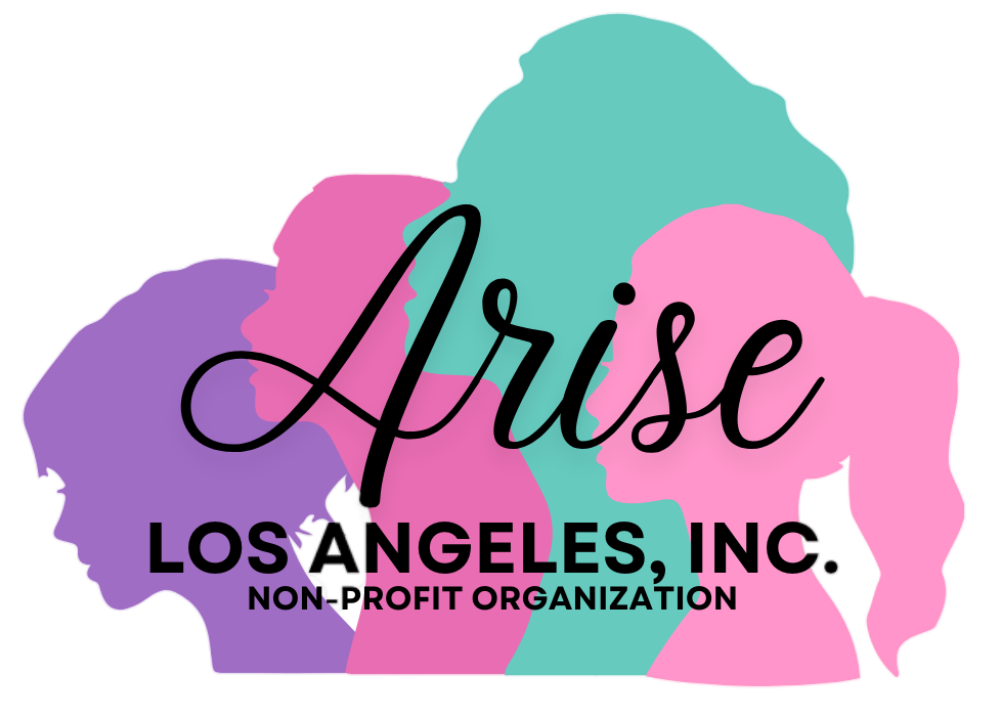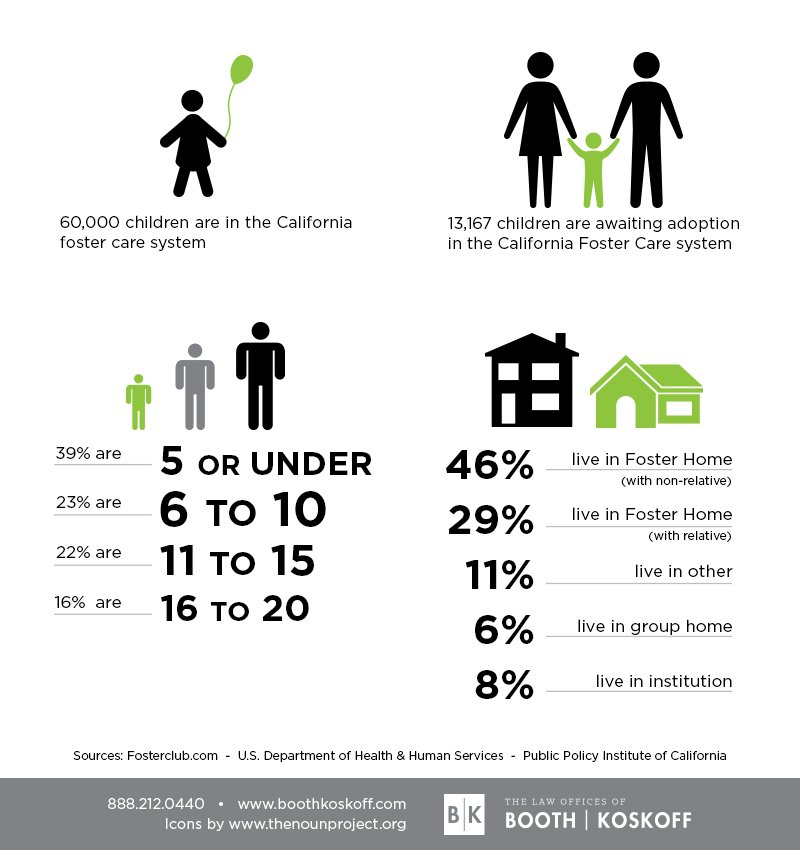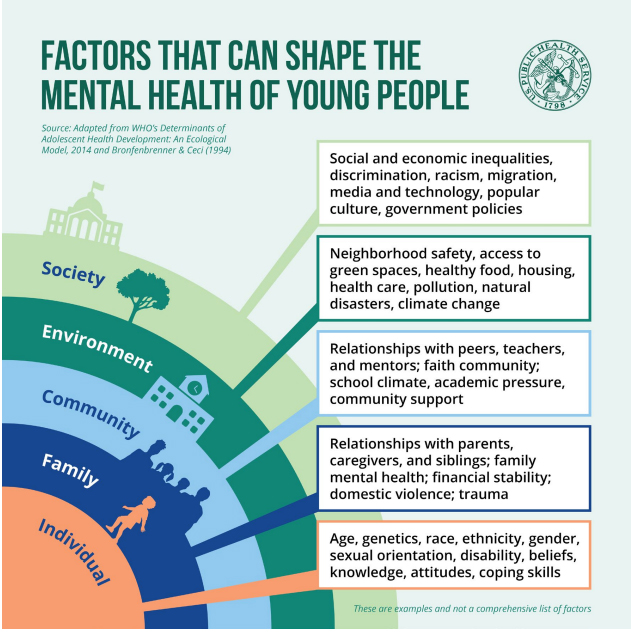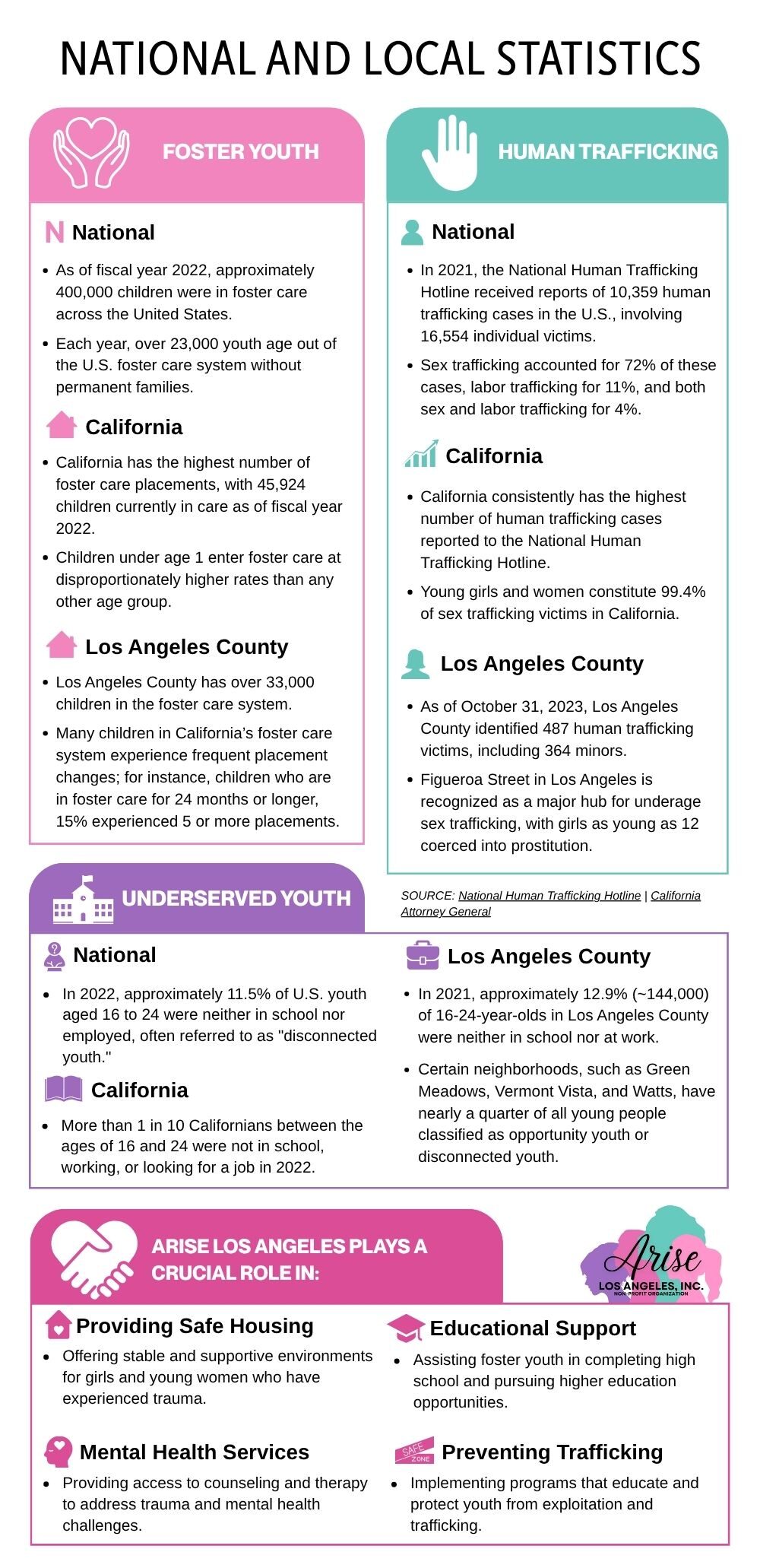“We don’t just shelter people — we equip them to rise.”
Who We Are
Arise Los Angeles, Inc. is a community-driven nonprofit organization dedicated to restoring lives, renewing minds, and helping individuals rejoice in every season. We provide housing, healing programs, and support services for youth and women impacted by trauma, foster care, and human trafficking.
Arise creates safe, loving environments where transformation is possible. Through our Short-Term Residential Therapeutic Program (STRTP) for girls, our life skills and mentorship programs for young adults, our school-based healing initiative for youth, and our mobile empowerment workshops for women, we meet people where they are, walk with them in love, and support their journey toward wholeness.
At Arise, we believe healing is holistic. That’s why our programs are designed to address emotional, spiritual, and practical needs — using restorative care, trauma-informed practices, and community-building to break cycles and build futures.
Arise creates safe, loving environments where transformation is possible. Through our Short-Term Residential Therapeutic Program (STRTP) for girls, our life skills and mentorship programs for young adults, our school-based healing initiative for youth, and our mobile empowerment workshops for women, we meet people where they are, walk with them in love, and support their journey toward wholeness.
At Arise, we believe healing is holistic. That’s why our programs are designed to address emotional, spiritual, and practical needs — using restorative care, trauma-informed practices, and community-building to break cycles and build futures.

How We Started
Arise Los Angeles was born out of a deep burden to provide real solutions for youth and women who have been overlooked, exploited, and underserved. After witnessing firsthand the gaps in the foster care, juvenile justice, and recovery systems — particularly for girls and young women affected by trauma and human trafficking — Founder Monique K. McClendon stepped out in faith to create a safe place where healing and transformation could take root.
Established in Los Angeles, Arise began with a vision: to build not just a shelter, but a sanctuary — a home where young people could experience love, structure, support, and restoration. What started with one home and one mission has grown into a multi-program nonprofit that now serves youth and adults through housing, mentorship, school partnerships, and self-worth programming.
Arise is grounded in faith, informed by lived experience, and driven by a calling to break cycles of trauma. We offer programs that restore identity, build confidence, and nurture purpose — helping individuals not only survive, but truly arise.
Established in Los Angeles, Arise began with a vision: to build not just a shelter, but a sanctuary — a home where young people could experience love, structure, support, and restoration. What started with one home and one mission has grown into a multi-program nonprofit that now serves youth and adults through housing, mentorship, school partnerships, and self-worth programming.
Arise is grounded in faith, informed by lived experience, and driven by a calling to break cycles of trauma. We offer programs that restore identity, build confidence, and nurture purpose — helping individuals not only survive, but truly arise.
From rescue to restoration — Arise Los Angeles exists to walk with people from brokenness to breakthrough.
Our approach
We empower our residents with practical, easy-to-absorb, independent living skills using the highly regarded ARISE life skills curricula.
Employment
Searching Skills
Secrets of finding a job and keeping it.
Essential
Communication Skills
Non-verbal and verbal.
Fundamental
Relationship Skills
Including the importance of sharing your feelings.
Time
Management Skills
Achieve your dreams using vital time management skills.
Grief
Counseling
Long term grief associated with the use of guns and physical violence.
Decision
Making Skills
For relationships, your money -credit cards avoiding pay day loans too.
Self Confidence
Skills
Building self-confidence and the opinion you have about yourself.
Parenting
Skills
Opens the eyes of teen mom’s as to what it takes to raise their children.
Employment Searching Skills
Secrets of finding a job and keeping it.
Essential Communication Skills
Non-verbal and verbal.
Fundamental Relationship Skills
Including the importance of sharing your feelings.
Time Management Skills
Achieve your dreams using vital time management skills.
Grief Counseling
Long term grief associated with the use of guns and physical violence.
Decision Making Skills
For relationships, your money -credit cards avoiding pay day loans too.
Confidence Skills
Building self-confidence and the opinion you have about yourself.
Parenting Skills
Opens the eyes of teen mom’s as to what it takes to raise their children.
FACTS & STATS
Why We Exist
The Urgency Behind the Mission
1 in 3 Girls
1 in 3 runaway youth are lured into sex trafficking within 48 hours
Child Trafficking Survivors
Over 60% of child trafficking survivors have histories of foster care
Group Affected by Trafficking
Girls ages 12–18 are the fastest-growing group affected by trafficking
Survivors Need More
Survivors need more than rescue—they need long-term restoration
Identify your goals
Continually reintermediate integrated processes through technically sound intellectual capital.
Finding the answers
Capitalize on low hanging fruit to identify a ballpark value added activity to beta test.
Finding the balance
Nanotechnology immersion along the information highway will close the loop on the bottom line.
Achieve success
Organically grow the holistic world view of disruptive innovation via workplace diversity.
More Relevant Data Related to Foster Care, Trafficking, and Underserved Youth
• Statewide Statistics: California has the largest foster care population in the U.S., with over 60,000 children in care.
• Los Angeles County: Approximately 30% of California's foster youth reside in Los Angeles County, amounting to over 18,000 children.
• Demographics: Children of color are disproportionately represented in foster care. For instance, in 2018, Black children made up 23% of the foster care population but only 14% of the general child population.
• Placement Types: As of 2020, 45% of children in foster care were placed in non-relative foster homes, 34% with relatives, 6% in institutions, and 4% in group homes
• Los Angeles County: Approximately 30% of California's foster youth reside in Los Angeles County, amounting to over 18,000 children.
• Demographics: Children of color are disproportionately represented in foster care. For instance, in 2018, Black children made up 23% of the foster care population but only 14% of the general child population.
• Placement Types: As of 2020, 45% of children in foster care were placed in non-relative foster homes, 34% with relatives, 6% in institutions, and 4% in group homes
Foster Care & Human Trafficking
High Risk of Exploitation: An estimated 60% of child sex trafficking victims have histories in the child welfare system, including foster care. – Office of Inspector General+2NCJFCJ+2Voices for Children | CASA Program
• California Specifics: In Los Angeles County, 58% of sex-trafficked girls in 2012 were foster youth.
• National Estimates: Up to 90% of children who are victims of sex trafficking have been involved with child welfare services. - Office of Inspector General
• Runaway Youth: One in five runaway and homeless youth are victims of human trafficking, including both sex and labor trafficking.
• National Estimates: Up to 90% of children who are victims of sex trafficking have been involved with child welfare services. - Office of Inspector General
• Runaway Youth: One in five runaway and homeless youth are victims of human trafficking, including both sex and labor trafficking.
Challenges Faced by Underserved Youth
• Aging Out of Foster Care: Each year, about 15,000 youth age out of the foster care system without permanent families, leading to increased risks of homelessness and incarceration.
• Educational Attainment: Only about 50% of foster youth graduate from high school, and less than 10% graduate from college.
• Mental Health: Foster youth have higher rates of mental health disorders, including PTSD, depression, and substance use disorders.
• Homelessness: Approximately 30% of former foster youth experience homelessness within a few years of aging out of the system
• Educational Attainment: Only about 50% of foster youth graduate from high school, and less than 10% graduate from college.
• Mental Health: Foster youth have higher rates of mental health disorders, including PTSD, depression, and substance use disorders.
• Homelessness: Approximately 30% of former foster youth experience homelessness within a few years of aging out of the system
Life coaching
in numbers
Before you start your coaching, you’re sure to have a number of questions about the journey you will soon undertake. Here are crunched numbers about it before coaching even begins.
0123456789001234567890 %
Success for all clients so far
Setting and achieving goals and objectives
012345678900123456789001234567890 +
Clients consulted in total
Making key decisions and designing success strategies
0123456789001234567890 +
Certificates and awards globally
Finding the ideal career/work or business
0123456789001234567890 +
Years of coaching experience
Communicating powerfully and succinctly
0123456789001234567890 %
Success for all clients so far
Setting and achieving goals and objectives
012345678900123456789001234567890 +
Clients consulted in total
Making key decisions and designing success strategies
0123456789001234567890 +
Certificates and awards globally
Finding the ideal career/work or business
0123456789001234567890 +
Years of coaching experience
Communicating powerfully and succinctly
Discover, apply, choose
When it comes to your career management, having a professional career coach at your side is a key element to your support system. Our newsletter will keep you up to date and will guide you through choosing your career.
Coaching books
for you and your loved ones
With endless career opportunities and a renewed sense of independence, our coaches are empowered wellness authorities thriving in their personal and professional lives. Did we mention they love every second of it?
Visit us anytime
We all know how life can be challenging and hard. And that there’s no answer always to all the issues you may face. We are here to help you.
Address
7 Kings Rd, Portsmouth,
Southsea, PO5 4DJ, UK
Southsea, PO5 4DJ, UK
Call us
+44 3069 990134
+44 3069 990135
+44 3069 990135
info@celeste.co.uk
contact@celeste.co.uk
contact@celeste.co.uk




